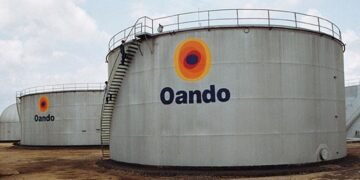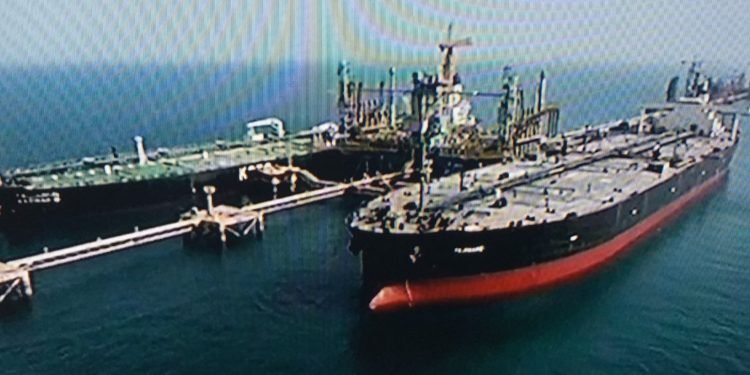Oil benchmark Brent Crude on Wednesday traded at $15.98, the lowest price ever seen in 2 decades. Though it has partially recovered and trading at $20.61 as at 14:44 GMT on Wednesday.
Recall that we reported on Monday about unprecedented fall in the prices of US Oil (WTI) and Canadian oil (WCS) futures for May contract. On Monday oil prices fell to the lowest price in the history of oil.
At a point on Monday, oil traders were paying buyers as much as $40 per barrel for WTI just to take the oil off their hands. Meanwhile Brent crude was not largely affected on that day as it maintained a price above $25.
- Read also Oil Price continues to tumble – sells at negative price
- $9 Trillion loss in global GDP in 2020, possible – IMF
However, the ripple effect of Monday crash affected Brent crude on Tuesday and Wednesday pushing its price to the lowest ever seen since 1999. Although the price has partially recovered as bargain hunting sets in.
Western Texas Intermediate (WTI) and Western Canadian Select (WCS) has largely recovered and is trading at $13.93 and $5.37 as at 14.44 GMT on Wednesday respectively.
This recovery is attributed to the “informal teleconference to brainstorm the current dramatic oil situation” by minsters from OPEC countries, announced in a tweet by OPEC on Tuesday.
Investors in the Nigerian equity market lost over N151 billion on Tuesday as sell off took over the market following the turmoil on oil the Market on Monday. Although the loss suffered by investors was partly recovered in Wednesday’s trading session as the market closed in green.
- Read also NSE – Investors lost N151.4 billion as oil as oil prices crashed
- Reasons behind US negative oil price
Nigeria banner oil Bonny light, traded $14.75 per barrel. This is significantly below the $30 oil price benchmark used for 2020 revised budget. Recall that Nigeria revised it’s 2020 budget oil benchmark downwards from $57 to $30 per barrel, following the drop in oil prices a result of Covid-19 pandemic.
This crisis in the oil market was initiated by low demand in oil as a result of lockdown and movement restrictions around the world. The slump in oil prices however, was heightened by the price war between Saudi Arabia and Russia which led to biggest production cut deal made by OPEC+.
The bigger problem which everyone in the industry is facing now is storage which is at bursting points. As supply of oil continues to out-weight the demand, oil producers are renting ships and tankers in order to store their oil with some being forced to reduce or stop production.
The Chief Global Market strategist of Axicorp, Stephen Innes said that the dumping of crude which resulted in negative prices where traders pay buyers just to get it off their hands “merely reflects the underlying theme that there is no demand for physical oil, and there is nowhere to store it”
Written by
Ifunanya Ikueze






















































